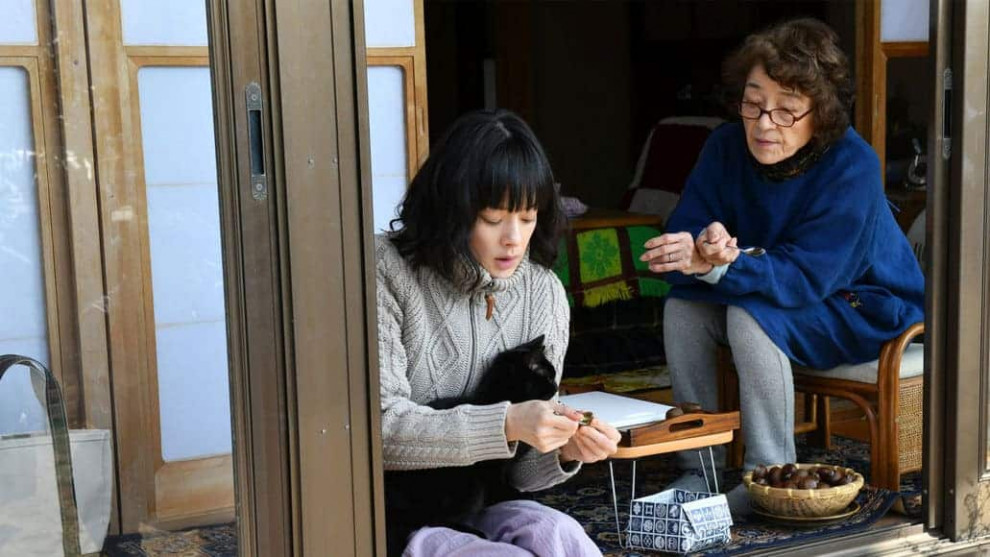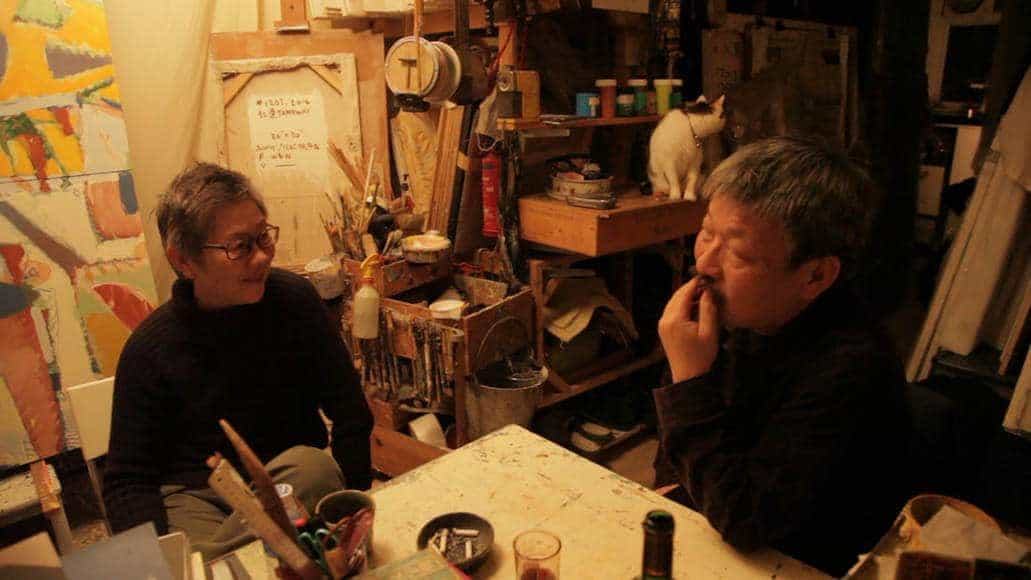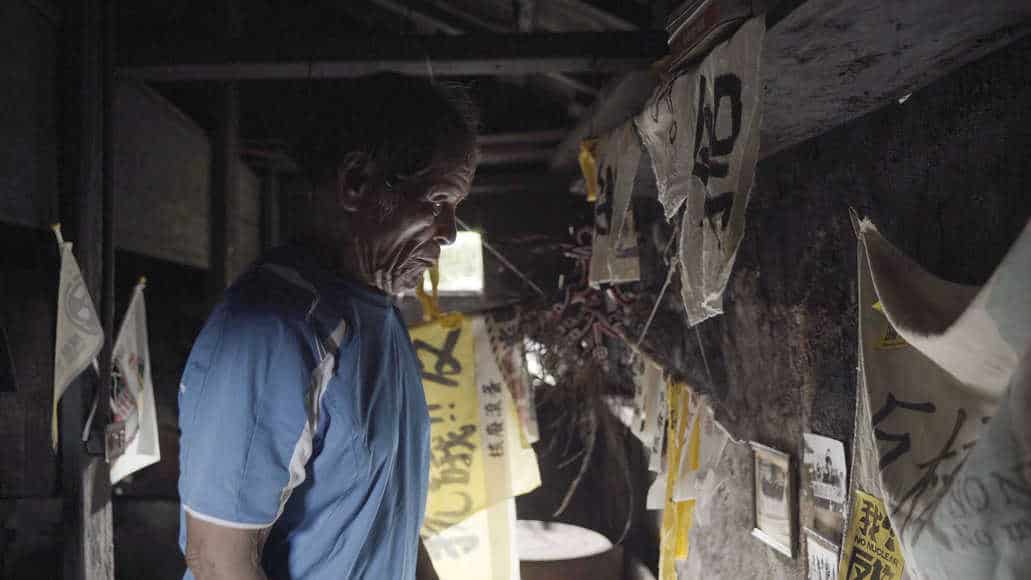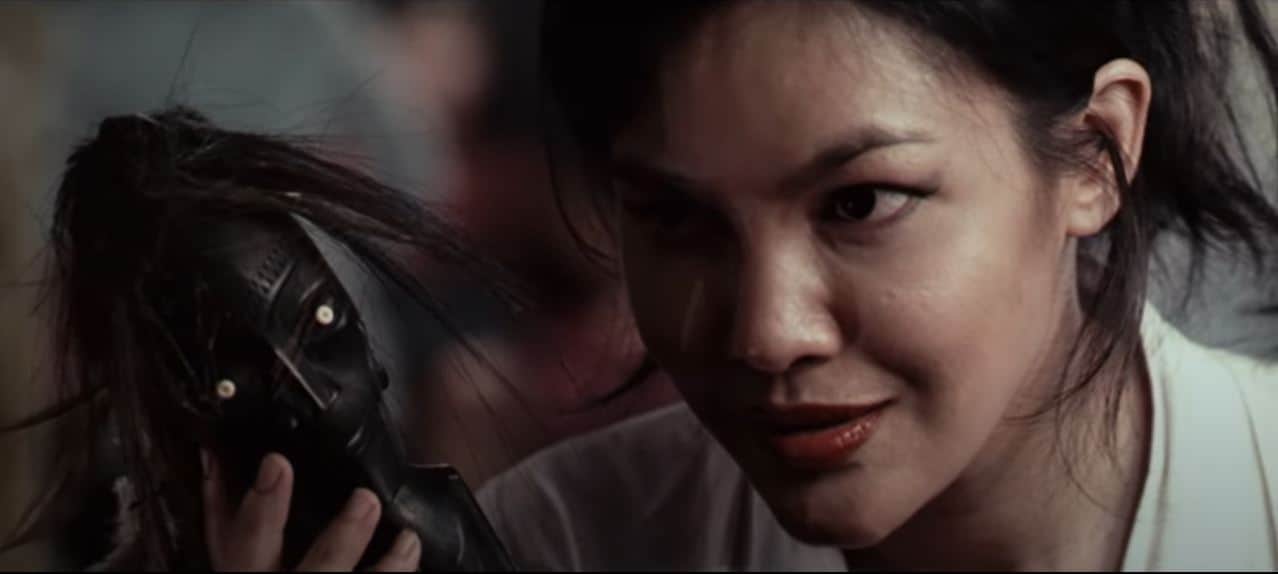Yukiko (Chieko Baisho) and Masaru (Tatsuya Fuji) have been married for 5 decades. However, despite this impressive persistence, it seems that there is not much life left in their marriage. Yukiko, a dutiful obedient wife, silently takes care of her husband like the loyal servant, while he doesn't seem to care. He is semi-retired, so if he wished, he could spend quality time with his spouse, but instead, he prefers to visit a shogi club. Whenever the fateful couple is together, Masaru hardly notices Yukiko's presence and doesn't bother to listen to her, while she is trying to connect with him. He also takes Yukiko's commitment for granted – as if she were a piece of furniture in their apartment. It is just obvious for him she is there, doing the chores and preparing meals. Their estrangement is loud and clear, and watching the pair is somehow a painful experience.
Only the Cat Knows is screening at Helsinki Cine Aasia

We sympathize with Yukiko, who feels lonely and abandoned (who wouldn't?). She finds consolation in knitting and a company of her cat Chibi. And at least Chibi seems to be a willing listener. The pet accompanies her, while she watches Korean dramas, and most importantly – is just present in her life and interested. But one day, to the owner's despair, the cat disappears.
Masaru, even more distanced than usual, doesn't support his wife during this difficult time. He doesn't understand what the loss means to her, abruptly commenting, that probably the cat, which is aged, is going to die, so there's no point in looking for her. Yukiko can't bear this emotional distress and neglect any longer and she announces she wants a divorce. However, her husband's withdrawal has a more complex background than it may seem and he hides his own struggles.
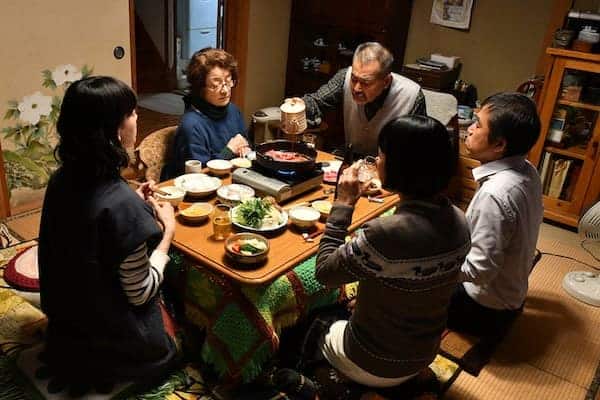
The movie, which is based on the manga series “Otosan, Chibi ga Inaku Narimashita” by Keiko Nishi, rather combines little episodic events than tells a fluent and engaging story. We observe the slow-paced happenings from a distance, which at times makes it difficult to connect with the characters. Occasionally there is a bit of soft comic touch. The scenes from protagonists' everyday life are at one stage combined with retrospectives shedding some light on the couple's past. This part is particularly appealing, as it brings some bitter reflections on gritty real-life endings of romantic stories. We also get to know the pair's adult children, who share their reflections on marriage and life.
“Only the cat knows” could have offered an insight into generational differences in attitudes toward relationships and marriage in modern Japanese society or an analysis of the older generation's struggles to talk about their feelings. Unfortunately, it only slides on the surface, not getting deep enough under the character's skin and the portrayed issues. It has better moments (like mother and daughter conversations on marriage and women's role in society or the history of one of the daughter's broken engagement), but unfortunately, for most of the time, stays rather lukewarm. The character's conflicts don't resonate strong enough and their miscommunication problems that grew over the years find a way too smooth solution. However, the charismatic performances of Baisho and Fuji make it more than just watchable experience. And the cat, being here both the character and the symbol, as usual, steals the show.


